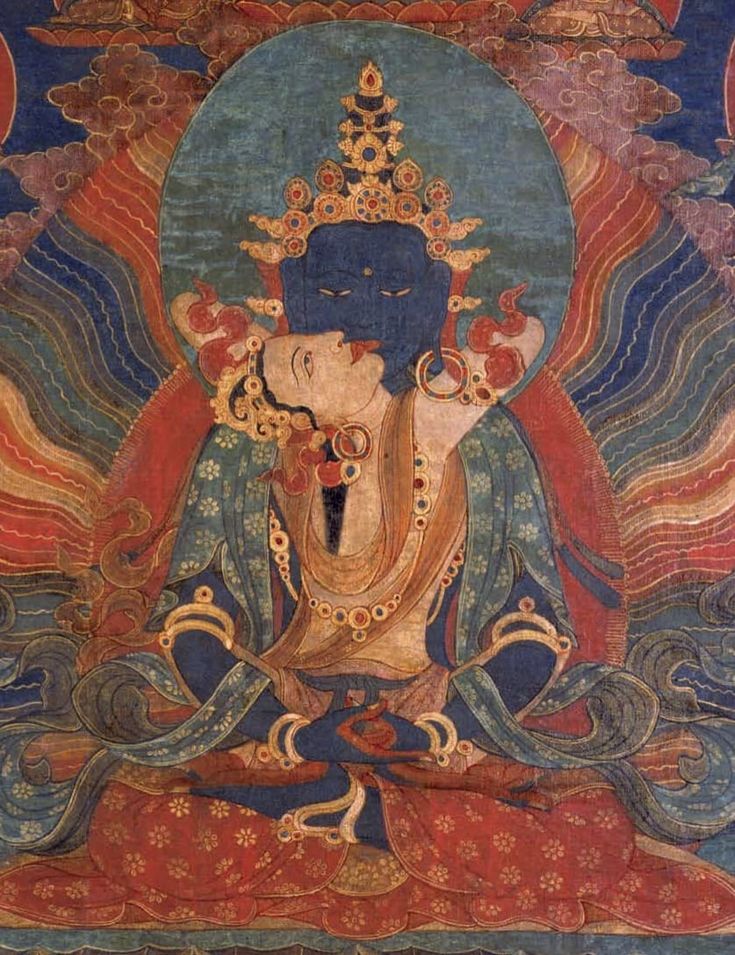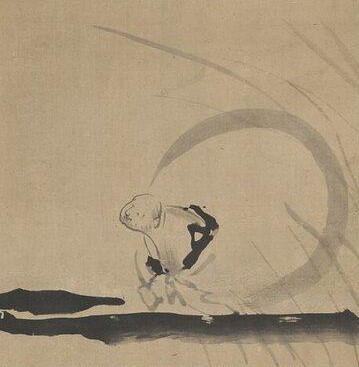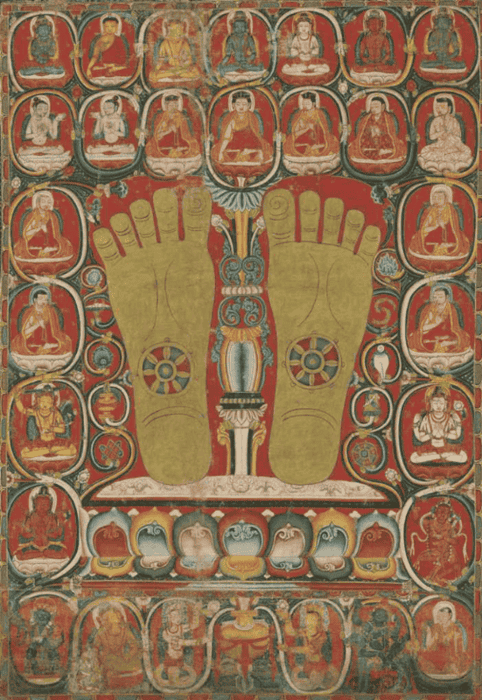Is Shentong not part of Madhyamaka?
This one is a bit tricky, as more or less all the schools claim that their highest view is in fact the highest madhyamaka view. So, the Shentongpas call their highest view in the tenet system ‘Great Madhyamaka’, and yet so do the Rangtongpas call theirs ‘Great Madhyamaka’, and so do the Prasangika-Madhyamakas. So very different views get called highest Madhyamaka by the various approaches in the Tibetan schools.
Madhyamaka and Shentong have complimentary roles
Does not Rangtong recognizes emptiness alone as ultimate nature of mind, while in Shengtong it is inseparability of emptiness and luminosity which is seen as ultimate nature of mind?
Whilst what you say is true, it’s not actually what I was communicating. I was making a different point, which is that for many Kagyu’s and indeed Nyingma’s, Madhyamaka method is seen as an exemplary method for clarifying the view, and Shentongpa view is seen as the prime view on which to base meditation. Just to reemphasise … why is this so ….?
Madhyamaka method enables you to cut away at your subtlety wrong views … so … it’s not this, it’s not that … keeping on cutting, cutting …. so that your view is gradually purified of gross mistakes, and progressively subtler mistakes … then, when you meditate, you take the Shentong view … and don’t fall into these errors (which are very easy to do when meditating from a Shentong perspective) because of the work you have done using Madhyamaka method. Does this help?

Madhyamaka and Rangtong
Are you not using Madhyamaka as another word for Rangtong, and Shentong is a Madhyamika view as well?
Yes, for most Kagyupa, Shentong is seen as the highest Madhyamika view (as per the comment above), though Rangtongpas would disagree.
Do I refer to Shentong as something outside of Madhyamika scope?
I hope this is now clear, it isn’t. Shentong is based on Madhyamaka, and uses Madhyamaka to cut away wrong views, whilst allowing a ‘positive’ view of the qualities of Buddha nature and enlightened mind, without straying into subtle error. Rangtong is something altogether different, also based on Madhyamaka, but different from it.
Avoiding Eternalism and Nihilism
Does one not need luminosity in order to just talk about emptiness? Like Milarepa said – the only way emptiness can experience itself is through its inherent luminosity?
Well, yes, but all Rangtongpas would strongly dissagree, which would include most Gelugs and Sakyas, and they attain realisations and enlightenment too, so I wouldn’t push too far and say they are wrong, more of the nature of different methods based on different views, which work better for different people.
Some of course say both Shentong and Rangtong are wrong …. and that both are subtle versions of Eternalism and Nihilism …. .but that is another discussion altogether!!!!!
Vimalakirti and Manjushri
Didn’t Vimalakirti make Manjushri’s words disappear as if they never happened, isn’t that the best expression of Emptiness?

Well, it’s been a few years since I read the sutra, but my recollection of it is that Vimalakirti kept noble silence in answer to the question, and that silence was described as deafening, and resounding with the truth. Of course, in a sense, silence falsifies the truth less than any speech ever can do, as it doesn’t fall into dualistic error.
But, for most people, speech is necessary, as a means to point towards the truth. Different people need different fingers pointing in different ways, to the same moon. Hence, Shentong, Rangtong, Kagyu, Gelug, Manjushri, Vimalakirti, and all!
Very best wishes to you … thank you for bringing up so many wonderful points which stimulate such discussion which I hope will be of some use in beings’ paths …..




